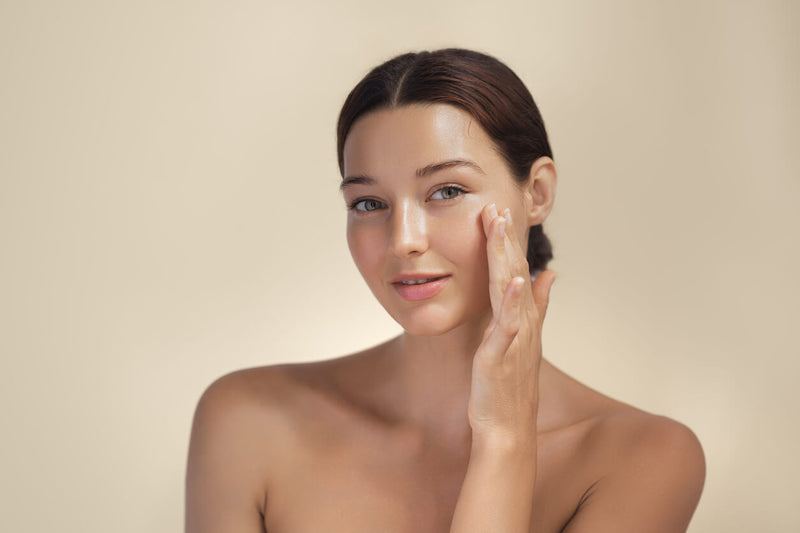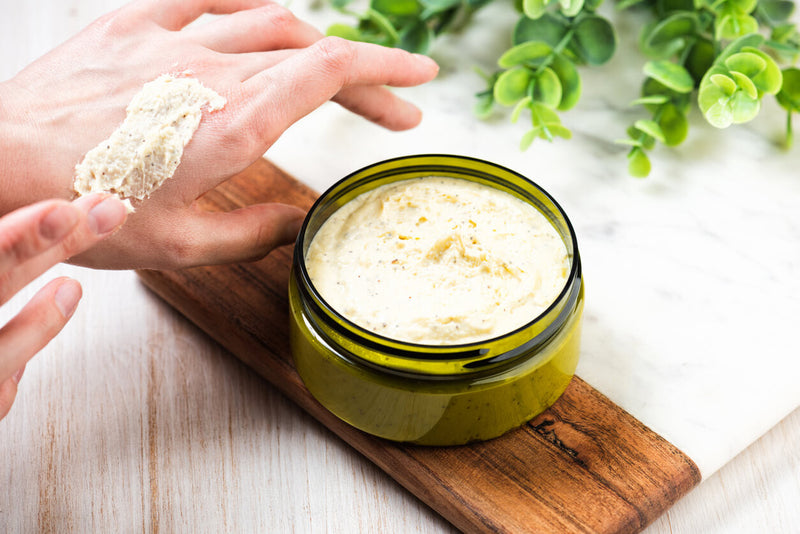

Skin changes are inevitable as we age. The loss of collagen and elastin can lead to specific concerns such as fine lines, wrinkles, and sagging skin. But did you know that your skin type can change too? If you, for instance, have oily or normal skin your whole life, you may develop dry skin or notice consistent redness on areas that were previously clear or spotless.
What causes your skin type to change?
Several factors can cause your skin to change from oily to dry, sensitive, or combination. It can happen over time due to:
- Aging or biological changes
- Hormonal shifts (particularly during pregnancy and menopause)
- Increased stress levels
- Environmental changes
- Skincare products or makeup
- Health-related issues or medications
If your dry skin suddenly starts to become oilier, it could be due to hormones. Changes in cortisol and adrenal androgens can cause the sebaceous glands to produce more sebum, resulting in oily skin and associated changes.
How to tell if your skin type changed
Here are a few signs you may want to look out for:
- There are some noticeable changes in your skin – It is likely that your skin type is changing or has changed if you notice visible changes or physical manifestations that weren’t there before. For example, if a clear area on your skin suddenly has acne, redness, or fine lines, your skin type may need new skincare and ingredients.
- Your products don’t work as they used to – If your tried and tested products aren’t cutting it for your skin anymore, your skin type may have changed. They may not be giving your skin what it requires, so it is important to make some changes now. Listen to what your skin is telling you and make the necessary adjustments.
-
You’ve experienced hormonal changes – Our hormones fluctuate as we age and this can contribute to a variety of unfavorable skin conditions. Increased sebum production is one of the most common changes and can lead to clogged pores and skin congestion.
Hormonal shifts are also common during pregnancy, resulting in melasma or discoloration/darkening of the skin. The fluctuations are also normal during menopause, with hormone levels plummeting and causing the skin to become dry, thin, and slack. The decline of collagen and elastin can exacerbate these effects and lead to sagging and wrinkling.
It makes sense to change or tweak your routine
If you notice considerable changes in your skin, it is time to reevaluate your regimen. Using the same products for years can lead to little to no results or do your skin more harm than good. If your skin type, for instance, has changed from oily to dry, using the same cleanser, can lead to further dryness and breakouts.
- If you suddenly have dry skin – Is this because of the weather, using products with alcohol/fragrances, or taking very hot showers? Try to switch to gentle cleansers or formulas that can add or bring back moisture to your skin. Don’t forget to use a hydrating moisturizer afterward.
- If you suddenly have oily skin – Apart from hormonal changes, your environment and overusing certain products could also be the culprit. You can deal with your new skin type with a facial cleanser specifically formulated for oily skin. Dr. Sylvia’s Deep Cleanser with Rice Water gently removes dead skin cells and removes excess oil without drying the skin. Gentle exfoliation can also do wonders in removing congestion and helping beneficial ingredients penetrate deeper into the skin.
- If you suddenly have sensitive skin – Too much sun exposure, weather changes, or using new products can cause your skin to feel overly reactive. Switching to gentle products without alcohol or fragrances can help, as well as making sure you’re not overly exfoliating. Dr. Sylvia’s Sensitive Cleanser with Aloe Leaf Water is formulated with soothing ingredients and is gentle enough for rosacea-prone skin.
- If you suddenly have acne – Hormones, stress, and environmental factors are the most common culprit. Alleviating acne starts with making changes in your skincare. Switch to a facial cleanser with salicylic acid or benzoyl peroxide and exfoliate at least once a week. Seeing a skin or aesthetic doctor can also help if over-the-counter treatments produce little to no results.
Always listen to what your skin is telling you. Make sure you are adapting your skincare regimen to support what your skin requires at this point in life. You can also browse through our blog for more skincare tips and product recommendations or contact Cutis Medical Laser Clinics in Singapore to book a consultation.

















